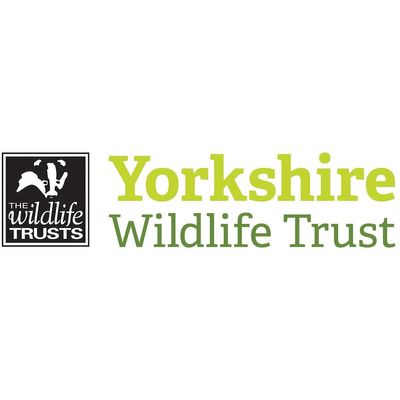
About this Event
What is EASTME?
The aim of the EAST Marine Ecosystems (EASTME) conference is to bring together marine conservationists, citizen scientists, researchers, agencies and managers annually to share information and encourage greater collaboration across the region to improve our understanding, inform future monitoring and management of the marine environment. The EASTME region includes inshore and offshore waters in the UK's Exclusive economic zone, running from Flamborough Head in the north to the southern Suffolk border, including the Humber and the Wash.
The conference is an opportunity to reflect on local observations, research outputs and findings from 2024 that are collated in to a public ‘State of the East Seas’ annual report.
In addition, the conference provides:
1. Networking: an opportunity for a wide cross section of people to meet, exchange views and build social capital networks for the East’s marine ecosystems to:
· provide active support for existing networks enabling and building citizen science projects;
· to encourage collaboration between users, researchers/scientists and managers/policy makers;
· encourage links between researchers on science projects throughout the region’s seas.
2. Recording of observations: the annual conference allows us to record observations on ecological and oceanographic events of the previous year that have affected the East marine ecosystems and to make the linkages between environmental and biological phenomena. We use these to publish an annual 'State of the East Seas report'.
3. Ecology of marine species: the conference introduces research that focuses on the ecology of marine species, planktonic, benthic and ‘mobile’ species (fish, birds, mammals) and the ecosystems that supports them. This introduction will inform our understanding of the status of populations of marine species in the region’s seas and how they are responding to environmental and anthropogenic pressures.
4. Management of East marine ecosystems:
· the conference encourages strong relationships between policy makers, practitioners, managers and scientists;
· the conference promotes science and the evidence base that underpins management of human activities in the coastal and marine environment with a view to supporting.
How to get here:
The event is taking place in the David Chiddick Building on the University of Lincoln campus. See it on Maps here. We recommend travelling by train to the event and then walking 10 minutes to the venue. If you are driving, the nearest public parking is at St Marks which is located opposite the campus and a very short walk away (5 minutes).
For booking enquiries or issues, please contact [email protected]
(Image credits)
Kittiwake - Elliott Neep
Grey seal - Neil Aldridge
Edible crab - Mark Thomas

Event Venue & Nearby Stays
David Chaddick Building, University of Lincoln, LN5 7BD, Lincoln, United Kingdom
GBP 35.00







